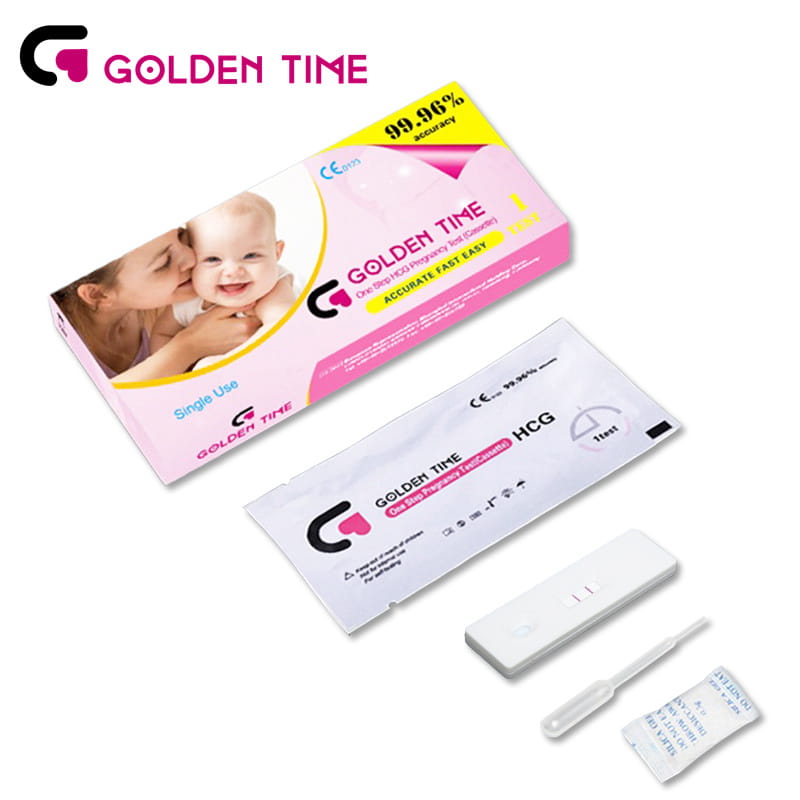Nov . 01, 2024 16:36 Back to list
Home Testing Kits for H Pylori Detection by Leading Manufacturers
Understanding Home Testing for H. pylori A Guide to Manufacturers and Products
In recent years, home testing has gained popularity as a convenient way for individuals to monitor their health. One of the notable advancements in this arena is the ability to test for Helicobacter pylori (H. pylori) at home. This bacterium is known for its role in various gastrointestinal conditions, including gastritis and peptic ulcers. Therefore, the rise of home testing kits provides a proactive approach to identifying potential health issues early on.
What is H. pylori?
H. pylori is a type of bacteria that can infect the stomach lining. It is relatively common, affecting a significant portion of the global population. While many individuals with H. pylori may not experience symptoms, the bacteria can lead to serious conditions if left untreated. Symptoms of an H. pylori infection may include stomach pain, bloating, nausea, and frequent burping. If you suspect an infection, it is essential to get tested promptly.
The Home Testing Kits
Various manufacturers now provide home testing kits specifically designed to detect H. pylori. These kits typically involve a simple, non-invasive method which may include blood tests, breath tests, or even stool sample tests. Most kits come with comprehensive instructions, making it easy for individuals to perform the test without requiring any special skills or medical training.
The process is generally straightforward. Users collect a sample as specified in the instructions, send it to a laboratory, and wait for the results. Many kits also offer the convenience of online results tracking, ensuring users remain informed throughout the process.
Benefits of Home Testing
buy h pylori at home test manufacturer

One of the most significant advantages of home testing for H. pylori is convenience. Individuals can test for the bacterium from the comfort of their homes without needing to schedule a doctor's appointment. This is particularly beneficial for those with busy lifestyles or who may feel anxious about visiting a healthcare facility.
Additionally, home testing is usually more cost-effective than traditional methods. By reducing the need for in-person consultations and streamlining the testing process, these kits can make healthcare more accessible.
Choosing the Right Manufacturer
When considering an H. pylori home test kit, it's crucial to select a reputable manufacturer. Look for products that are FDA-approved or CE-certified, which indicates they meet specific safety and efficacy standards. Reading customer reviews and checking for clinical validation can also provide insight into the reliability of a manufacturer.
Some well-known manufacturers offer a range of home testing products, each with unique features. Comparing different options in terms of price, ease of use, and accuracy can aid in making an informed decision.
Conclusion
Home testing for H. pylori is an innovative development in the realm of healthcare. It empowers individuals to take charge of their health by facilitating early detection of potential infections. As this field continues to evolve, consumers are encouraged to stay informed about the available products and choose reputable manufacturers to ensure the best testing experience. By doing so, you can take proactive steps to maintain your gastrointestinal health and overall well-being.
-
Reliable Early Pregnancy Test Kit Supplier - Multi Plastic Cassette Options
NewsJul.30,2025
-
Transferrin Rapid Test Cassette – Reliable Tumor Marker Detection
NewsJul.29,2025
-
Accurate Follicle Stimulating Hormone Test Kit | Rapid Reliable Results
NewsJul.29,2025
-
High Accuracy LH Ovulation Test Kit - Digital Results & Wholesale Options
NewsJul.29,2025
-
HbsAg Blood Rapid Test Kit for Fast & Accurate Hepatitis B Detection
NewsJul.28,2025
-
Sterile Urine Cup for Safe & Easy Collection | High-Quality Specimen Cups
NewsJul.28,2025

